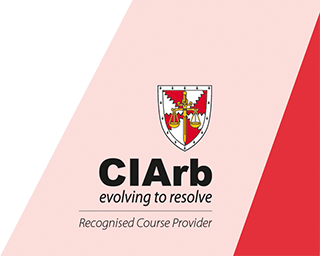What Happens On The Mediation Course?
An exceptional experience that will both challenge and inspire.
The course broadly takes the form set out below and is a demanding, challenging, and rigorous week which includes after hours homework. The course provides the most extraordinary professional experience and learning, that universally receives the highest accolades. There is a mix of teaching and role plays that have been developed over almost two decades to provide a near-perfect blend that is constantly adjusted to meet the needs of delegates.
Day One
- Introductions
- Mediation theory
- Negotiation
- Mediation skills
- Demonstration
- First Role-Plays
Days Two & Three
- Equal mix of tuition and role-plays with a strong emphasis on mediation ethics and mediation skills
Days Four & Five
Assessment Days based on:
- Practical assessment as a mediator
- Analysis as an observer and/or role player
- Assessments are independently conducted to published assessment criteria
Written work
- Open book examination
- Self assessment critique
What do I need to attend?
There is no age limit high or low. There is no need to be a lawyer, to have a degree, or to be a judge. The course is skill based and builds on all the experience of the varied participants. You should have an interest in people and in assisting individuals, groups, and organisations find solutions for disputes which may appear intractable.
You will need a real readiness to listen, to think and to have a willingness to learn new skills.
Delegates need a good grasp of technical English.
There is a significant amount of pre-reading and reading on each of the course days.
Assessment is to the standard required for UK professional practice.
What will you learn?
Our faculty will give you remarkable training and the skills you need to:-
- Learn how to manage the mediation process effectively
- Transform the way you and others communicate verbally and non-verbally
- Learn how to settle disputes and conflicts effectively
- Develop and refine questioning techniques
- Learn how to get beyond intractability
- Develop and refine negotiation skills
- Understand more about non-verbal communication
- Encourage participants through neutral language towards settlement options
- How to develop a mediation practice (guidance is provided for beyond the course).

